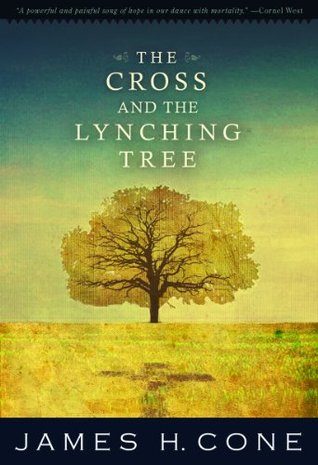Unlike Bishop Turner, however, few blacks in the South could fight back with pen or gun and survive. “You couldn’t do nothing about those things,” Mississippi bluesman Willie Dixon said, as he reflected back on the lynching era in his autobiography. “The black man had to be a complete coward.”[22] Yet cowardice is not the right word to describe the black response to lynching and white mob violence; even Willie Dixon had the courage to leave Mississippi for Chicago, where he joined other bluesmen and women, like Muddy Waters, Howlin Wolf, and Etta James, together creating a musical response to
...more
Welcome back. Just a moment while we sign you in to your Goodreads account.


